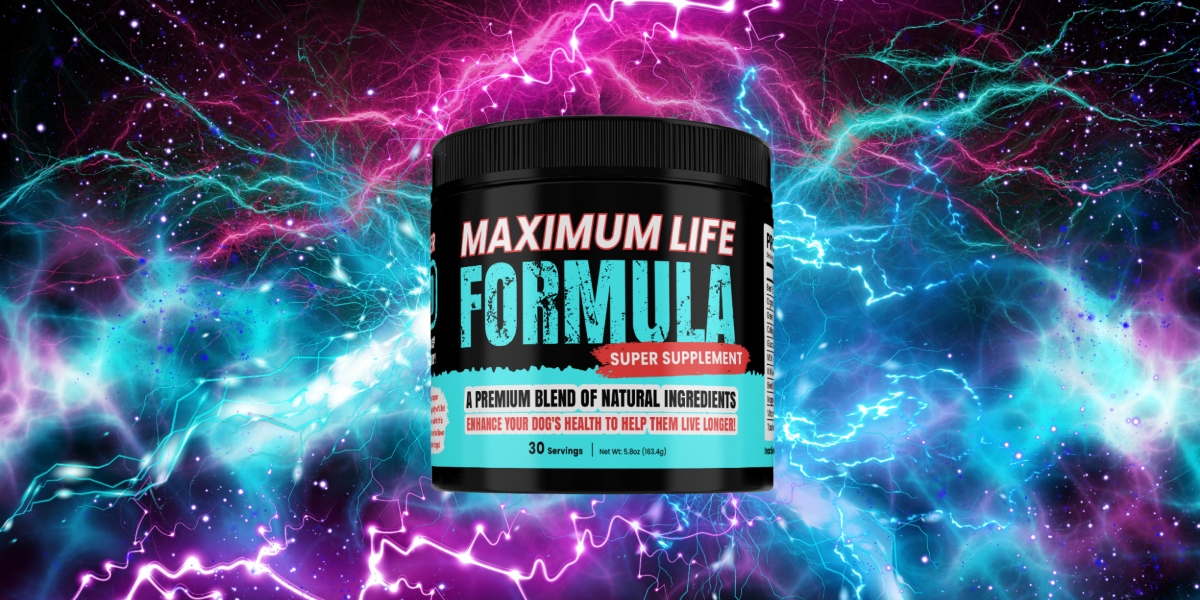The conversation around addiction and rehabilitation is more prominent than ever. Yet, despite increased awareness and destigmatization, a significant number of individuals struggling with addiction hesitate to seek professional help. Why is this the case? Unfortunately, various barriers prevent people from starting on the path to recovery. Through a detailed exploration, we aim to shed light on these issues to encourage a more supportive dialogue around the topic.
Stigma and Societal Judgments
At the forefront of obstacles is the persistent stigma surrounding addiction. Despite advancements in understanding addiction as a medical condition, many still view it through a moral failing lens. This judgment can be paralyzing for those struggling, fearing that admitting their problem and seeking help would subject them to ridicule, shame, and ostracization. The fear of being labeled and the potential repercussions on their personal and professional lives create a formidable barrier that many find difficult to overcome.
Denial and Lack of Awareness
Closely linked to stigma is the barrier of denial, a powerful force that convinces individuals they don’t have a problem or can overcome it on their own. This denial is often fueled by a lack of awareness about the nature of addiction itself—a misunderstanding that addiction is simply a matter of willpower, rather than a complex interplay of genetics, environment, and mental health. Speaking of mental health and addiction, the truth is that many substances are used as a form of self-medication for untreated mental health disorders. Acknowledging this connection is crucial in understanding why someone might resist the idea of rehab. They often fear that it won’t address the root of their issues.
Financial Barriers and Accessibility
The cost of addiction treatment programs can be prohibitively expensive, especially for those without health insurance or with plans that offer limited coverage for rehab services. This financial barrier is a significant roadblock for many, leaving them feeling helpless and stuck in their addiction. Additionally, the availability of quality treatment facilities is not uniform across different regions, with rural areas often underserved. The lack of accessible, affordable options discourages many from seeking the help they desperately need. It’s important to highlight and advocate for more comprehensive health coverage that includes addiction treatment, thereby reducing the financial burden on those seeking recovery.
Fear of Withdrawal and the Unknown
Daunting aspects of rehab for many is the fear of withdrawal symptoms and the uncertainty of life without substances. Withdrawal can be challenging, with symptoms ranging from uncomfortable to severe. This fear is compounded by the anxiety of facing underlying issues without the crutch of substances. Additionally, people may not know that specialized facilities exist, such as a womens addiction treatment center or one that focuses on holistic care. These more specialized centers offer tailored support that addresses the unique challenges different demographics face, including women. These centers not only provide medical supervision during detoxification but also offer therapeutic support to navigate the emotional turmoil of early recovery. Promoting compassionate care and personalized support can help encourage more people to take the first step towards recovery.
Lack of Support Systems
Recovery is rarely a journey that can be undertaken alone. A strong support system is crucial for success, yet not everyone has access to understanding friends, family, or a community that encourages their recovery. The absence of a supportive environment can make the idea of rehab seem insurmountable. Individuals may fear isolation or believe that without support, failure is inevitable. By fostering online communities and other in-person opportunities that offer encouragement, understanding, and resources, those struggling with addiction can see that they are not alone and that a network of support exists beyond their immediate surroundings.
Misconceptions About Rehab
Lastly, misconceptions about what rehab entails and what recovery looks like can deter individuals from seeking help. Some may fear a loss of autonomy, while others believe that rehab is a one-size-fits-all solution that doesn’t address individual needs. There’s also a pervasive myth that you have to hit the bottom before rehab can be effective, discouraging those who feel they aren’t bad enough from seeking help. Demystifying rehab, highlighting the variety of treatment options available, and sharing success stories can help dispel these myths. The truth is rehab is a place of hope, healing, and transformation, tailored to meet each person’s unique journey.
People need to know that they are not alone and that addiction treatment and rehab exist to help them overcome their challenges. As the truths about addiction are brought into the light and the barriers to getting treatment are removed, more people can experience freedom from drugs and alcohol.
Published by: Martin De Juan










